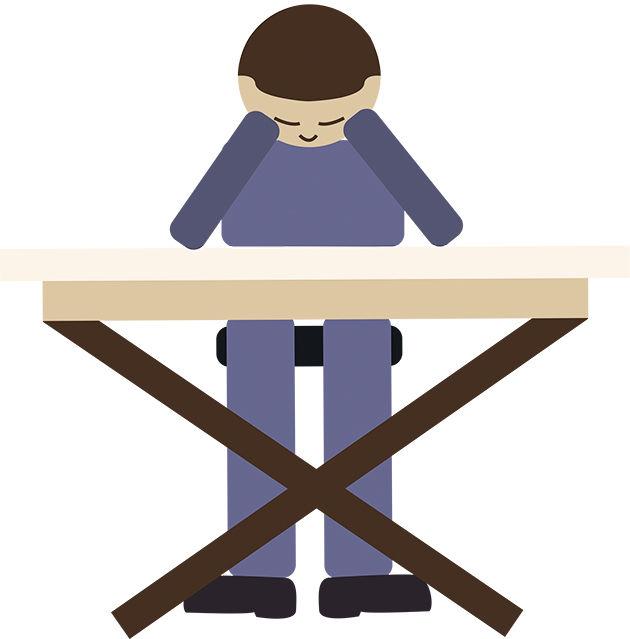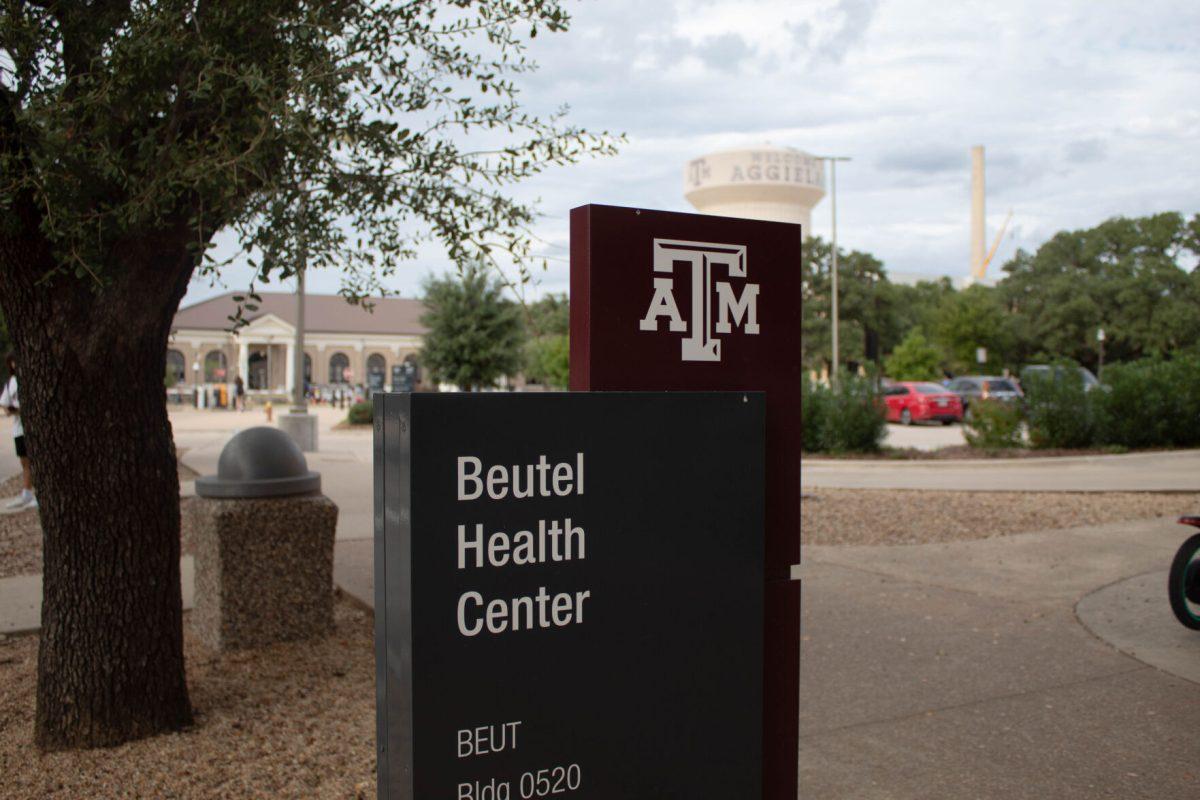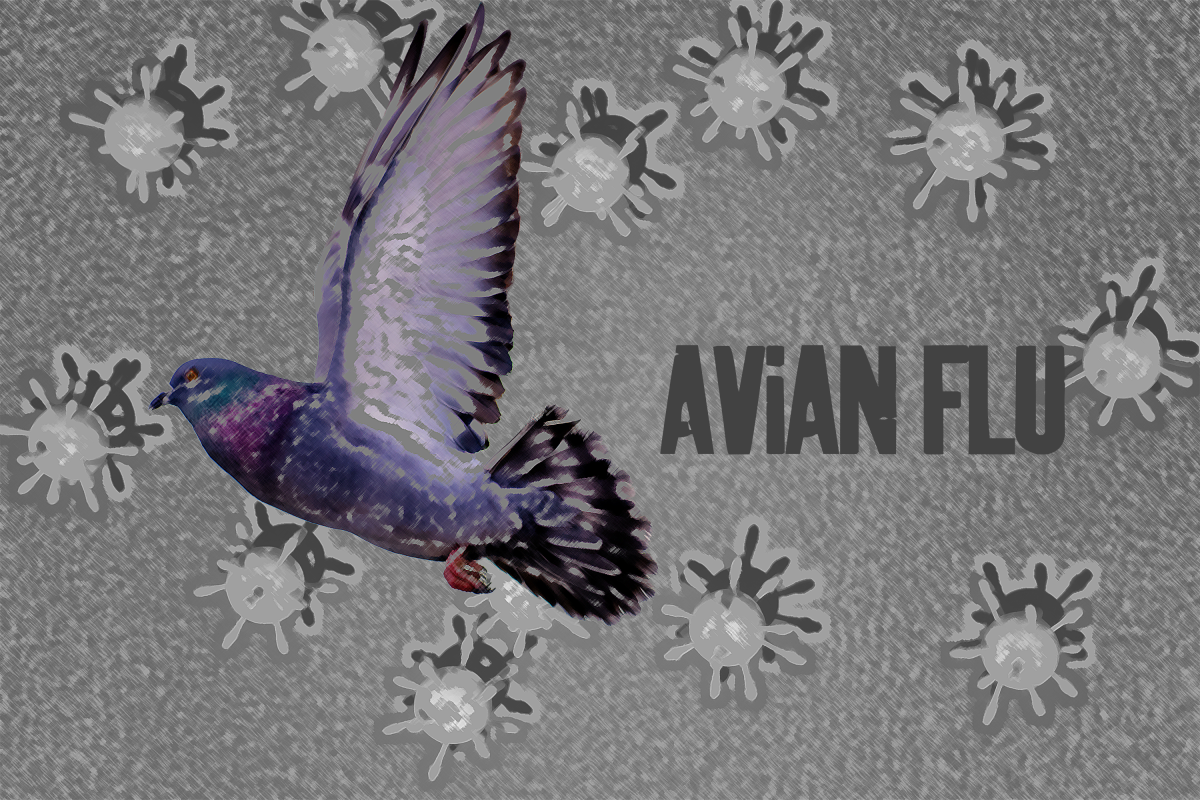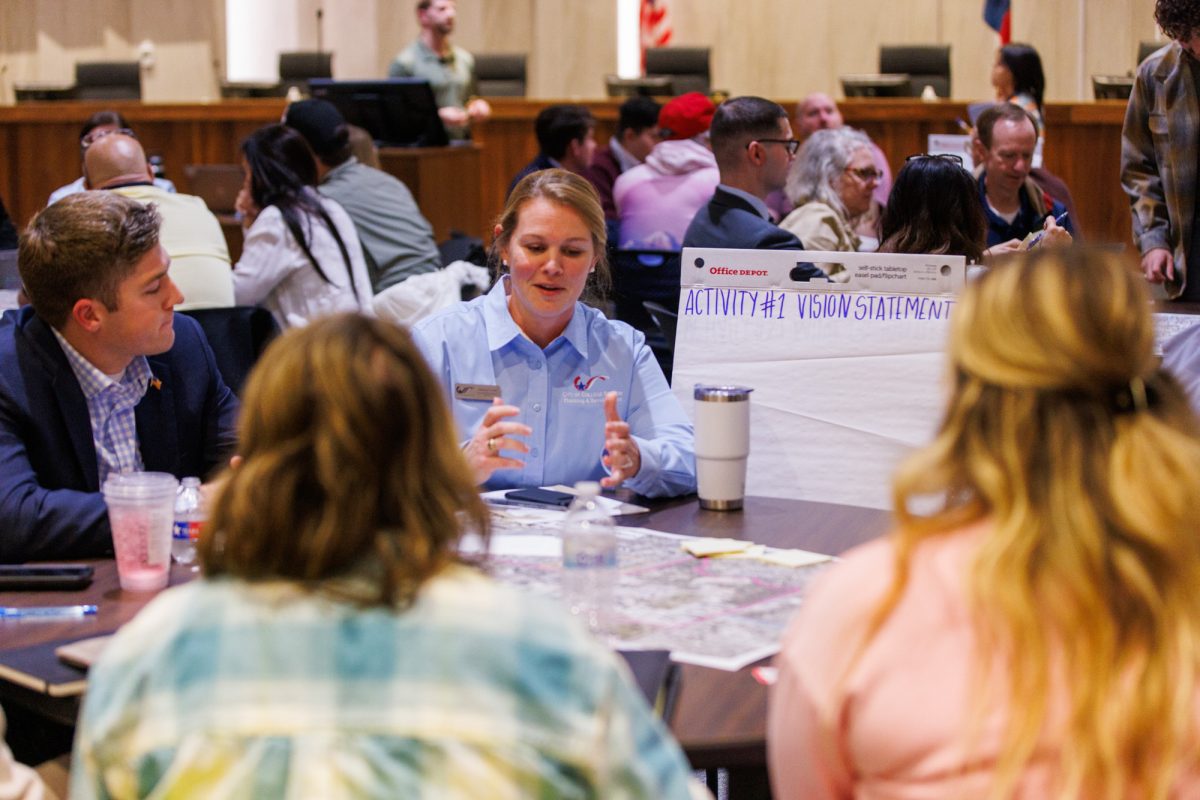With the semester swiftly coming to an end, final exams and major projects have become a main priority for students as well as a significant source of stress, and to help mitigate that stress the university offers several resources for students to utilize.
Resources like the Psychology Clinic and Student Counseling Services work to help students persevere through the stress of finals through the use of various services like individual therapy and biofeedback services. Students can explore the different options available in both offices and decide what is best for them.
The Psychology Clinic, open from 8:30 a.m. to 6:30 p.m. Monday through Thursday and Friday from 8:30 a.m. to 2:30 p.m., offers specialized services including psychological evaluations, therapy for developmental disabilities and individual adolescent therapy. Jane Carter, clinic coordinator and psychology graduate student, said one-on-one therapy can be beneficial for students who may struggle with stress and anxiety.
“Every client who comes to the clinic is given a series of tests that will give us an idea of what is going on with them,” Carter said. “This will involve some personality measure, a measure of emotional and physical experiences that the person is having and then it might also include things like a depression screening.”
Clinic supervisors focus on therapeutic approaches that address a broad range of behavioral, emotional and interpersonal issues, according to the clinic’s website. Carter said she believes therapy can be helpful for anyone, even people who are simply seeking clarity on an issue or trying to make progress in a particular area.
“I honestly think that all people can benefit from seeing someone, even it is just to lay everything out and make a plan,” Carter said. “Other therapy is problem-solution focused, where you come in with an issue you need help with, but therapy is also a space where you may not have a problem and you’re just trying to manage your situation going forward or learn to grow in certain areas.”
Staying aware of the warning signs that accompany stress and anxiety and seeking help as soon as possible are important to maintaining and improving mental health, according to Carter.
“Things like reduction in sleep or sleep quality are some warning signs,” Carter said. “An increase or decrease in appetite, weight gain or weight loss can all be signs of stress … I would endorse immediate help when it comes to your stress because you need to be monitoring your health.”
While the Psychology Clinic’s therapy assists students with stress and anxiety, Student Counseling offers Biofeedback, a process that electronically monitors stress levels and is used to train participants in gaining voluntary control of their stress levels. Open Monday through Friday from 8 a.m. to 5 p.m., the Biofeedback Lab gives students a quiet, private room to play interactive games using the Alive Software program.
Senior IT professional Roger Whitaker said the Alive Software uses biological information that allows students to interact with the games on the software, which in turn helps students manage their stress.
“Through a Biofeedback sensor that you attach to your finger, the software collects some biological information, such as heartbeat,” Whitaker said. “It uses that while you are interacting with the software to gauge your reaction and your ability to change your heart, your blood pressure, by using some of the techniques that the software teaches you to do.”
Engaging games on the Alive Software use a combination of coaching and performance tracking to assist students in the games, Whitaker said. With consistent practice, students can learn how to control their stress by using the techniques introduced in the games on the Alive Software.
“In one of the games you are driving a car; there’s another game where you make things float in the air,” Whitaker said. “You do all this by using the techniques [from the games] you were taught by breathing deeply and relaxing, and if you do that successfully the sensor tells the software that you are doing it successfully, and things will change in the game, like the car will speed up or slow down, or the items in the game will float the way they are supposed to.”
By providing students with a visual feedback of their stress levels, counselors have found that this lab has helped students achieve better mental agility, especially in demanding situations. Whitaker said the lab allows students to become more aware of their internal responses to stress.
“It helps students reduce their stress, potentially impacting your ability to deal with anxiety,” Whitaker said. “By doing this you are learning techniques and getting feedback from the software about whether you are doing it correctly. You can see tangibly what you’re behavior is doing with this tension that you have built up … We have had many good results with it … many students come back to do repeated session and for other students one session may be enough.”
Psychology graduate student Anna Finley said resources like the Psychology Clinic and Student Counseling Services can be invaluable tools for students to get a break from their heavy workload.
“When people are stressed, they tend to act more impulsively and in a less controlled manner just because you have a lot of competing demands usually when you are stressed,” Finley said. “You see people eating poorly and not sleeping as much when they are stressed. Using resources such as a counselor from either the clinic or Student Counseling Services, or even talking to a friend can help control your stress.”
Experts talk resources for finals stress management
April 18, 2017
0
Donate to The Battalion
$810
$3500
Contributed
Our Goal
Your donation will support the student journalists of Texas A&M University - College Station. Your contribution will allow us to purchase equipment and cover our annual website hosting costs, in addition to paying freelance staffers for their work, travel costs for coverage and more!
More to Discover










